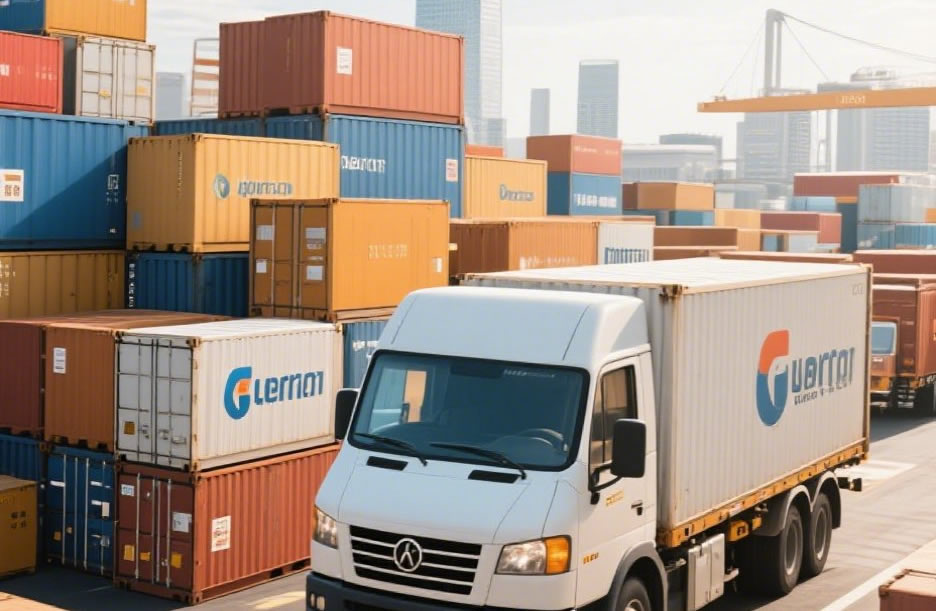Industry News
Cross-Border Logistics Gains Momentum with Policy Boost: Free Trade Zones and Fi

The Central Committee of the Communist Party of China and the State Council recently issued the Opinions on Implementing the Upgraded Strategy for Free Trade Pilot Zones, emphasizing the application of digital tools such as electronic bills of lading and electronic signatures in cross-border logistics, while streamlining paperless processes for international intermodal transport. Meanwhile, Shanghai’s Action Plan for Cross-Border Financial Services Facilitation aims to enhance cross-border settlement efficiency and reduce currency hedging costs, offering critical support for logistics firms’ global operations. These policy incentives are accelerating industry digitization and smart upgrades: pilot programs like the "Yue-Xin Express" (connecting South China with Central Asia) have slashed delivery times by 15% through seamless rail-air intermodal transport, saving over tens of millions of RMB annually. Leading logistics companies are also expanding their overseas warehouse networks, leveraging over 40 strategic nodes to optimize regional cargo distribution and cut delivery costs. Analysts predict that by 2025, cross-border logistics efficiency will improve by 30%, with operational costs dropping by 10-15%, marking a transformative shift for the sector.
NEXT:Drone Logistics Takes Off! Large-Scale Drone Deployment Sparks "Last-Mile&q
